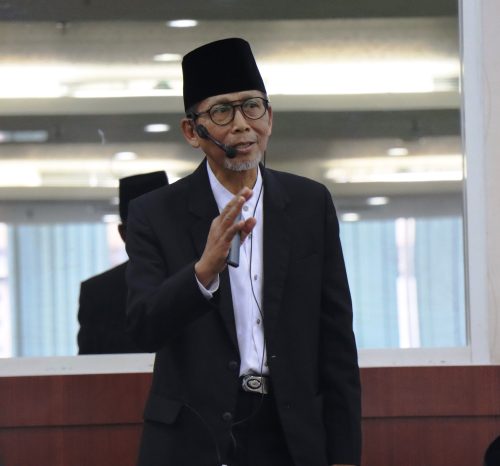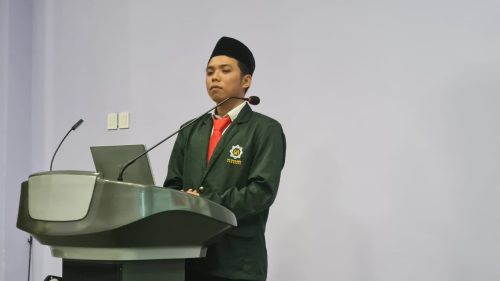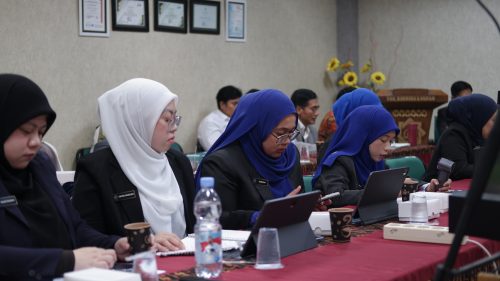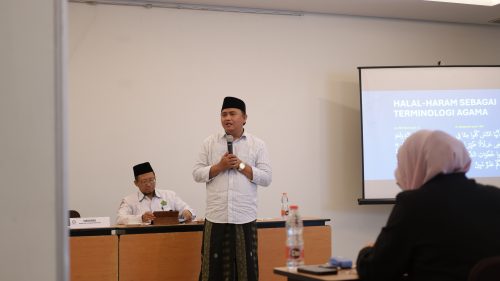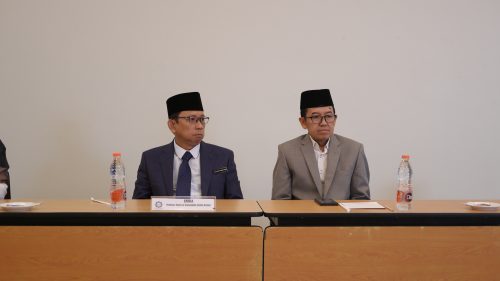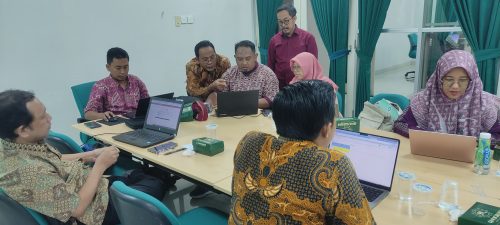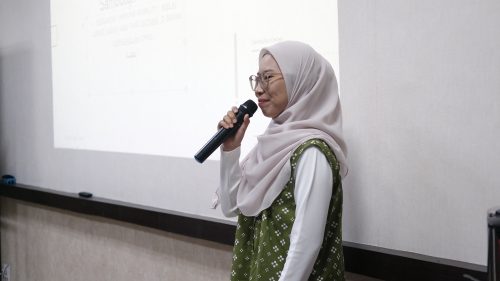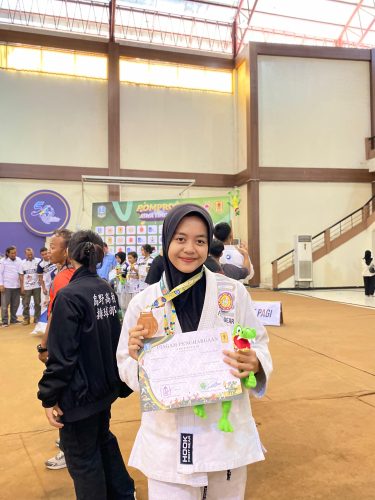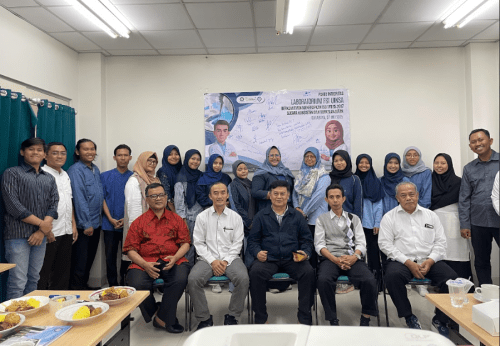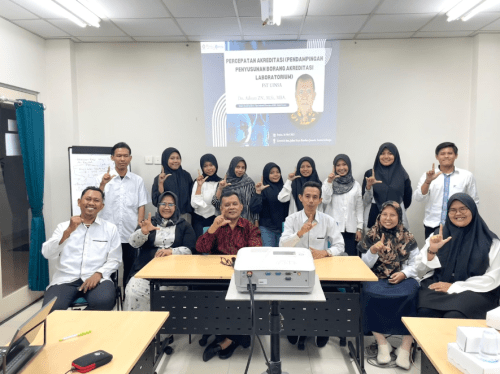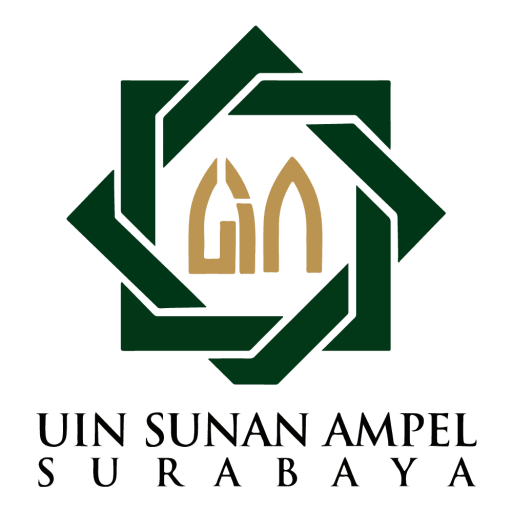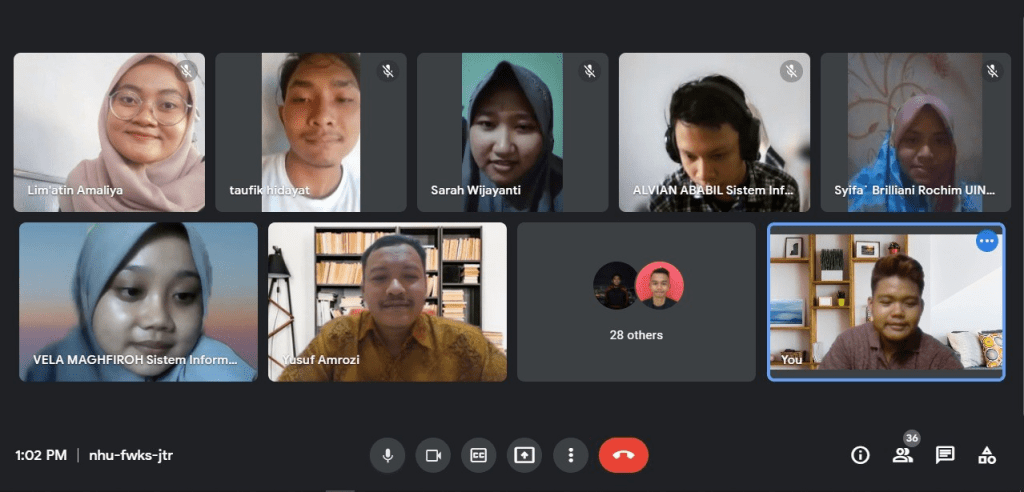
Wednesday, 08/09/2021. Through this MBKM scheme, learning exchanges finally took place within the Faculty of Science and Technology of PTKIN. Including the Information Systems Study Program of the Faculty of Science and Technology UIN Surabaya. The Information Systems Study Program offers E-Government courses to be followed by FST PTKIN students throughout Indonesia. “We started implementing this MBKM in the 2021/2022 academic year. Our consideration for offering this E-Government course is because this course is an elective course that we place in semester 7. This means that in addition to the MBKM policy which provides direction for students to follow it in the final semesters, participants who take this course have already taken basic courses and technical courses in the field of information technology, “said M. Andik Izzudin, MT, Head of UINSA Information Systems.
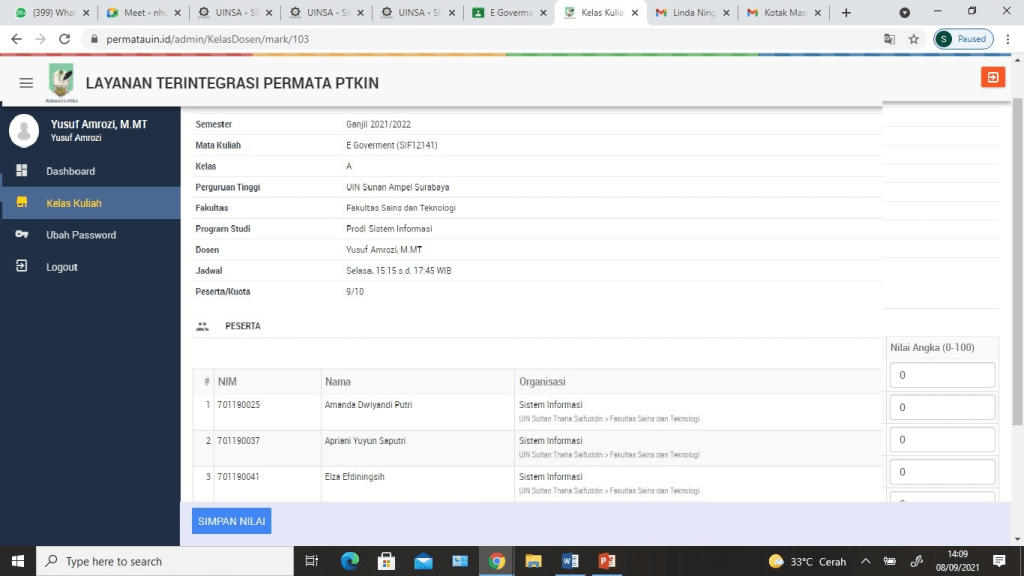
To support learning communication, the PTKIN Saintek Dean’s Forum has prepared an application through the gem.id site that allows course participants to communicate with lecturers and lecturers to provide assessments. In the Egov course offered by UINSA SI Study Program, there are nine students from outside UINSA, namely 7 students from Information Systems Study Program of FST UIN Sultan Thaha Syaifuddin Jambi and 2 students from Information Technology Study Program of FST UIN Walisongo Semarang.
“We are very happy to be together with students from other campuses besides our UINSA Information Systems program, for me this is something new. Because so far I only know friends from SI UINSA,” said Vela Maghfiroh, one of the students from UINSA Information Systems who participated in this course. Yusuf Amrozi, M.MT as the lecturer of this course explained, with an online system and through the MBKM scheme students allow for learning exchanges. Not only the student exchange scheme, there are a total of 8 MBKM schemes that can be run.
According to Yusuf, the E-Gov course is one of the management courses in the SI Study Program that is most chosen or followed because it provides a horizon of how to apply IT in government organizations. “In the learning design, there are several topics of discussion. For example, how we learn the application of E-government in developed countries, E-government architecture systems, E-government policies, technical and non-technical obstacles to the implementation of E-government, and at the end of the semester students are asked to make innovative E-government design work, and documented in scientific journals “, concluded WD3 FST UINSA.
